Zoetis launches first on-farm mastitis diagnostic, Vetscan® Mastigram+
Published Wednesday, 28th June 2023- Flow dipstick test detects Gram-positive mastitis within eight hours
- Enables targeted treatment and reduces antimicrobial usage
- Easy to use and incorporate into current workflows
- Opportunity for more saleable milk
Dublin, Ireland – June 28, 2023 – Zoetis has launched Vetscan® Mastigram+, a rapid on-farm mastitis diagnostic. It uses a simple flow dipstick test to detect Gram-positive mastitis in just eight hours, enabling results before the next milking. Because often only Gram-positive cases will benefit from treatment with antimicrobials1, a farmer or vet can use this information to deliver more targeted therapy and ensure antimicrobial usage is focused only on cows that need it.
“There’s a lot of focus on the responsible use of antibiotics right now. If we can use the Mastigram+ test to differentiate whether we’ve got a Gram-positive causal agent or not, it will really help with the prudent use of antimicrobials,” said Dr. Andrew Hancock, BVetBiol, BVSc, MVS MVSc, Principal Veterinary Officer for cattle at the Victorian Chief Veterinary Officer’s Unit in Australia. “Antibiotic use for mastitis on dairy farms is one of the biggest sources, if not the biggest source, of antimicrobial use in a dairy. There’s more and more pressure on farmers to reduce that usage, as well as justifying when antimicrobials are appropriate for the pathogens present.”
Mastitis is inflammation of the mammary gland caused by trauma or infection, which can lead to decreased production and abnormal milk, a lot of which needs to be discarded. It’s a key issue facing dairy herd health management and is estimated to cost the global dairy industry up to $32 billion annually2. Mastitis requires farmers and vets to consider treatment costs, decreased reproductive performance and, in some cases, the premature culling or death of a cow.
Dr. Jude Roberts BVM&S CertCHP PhD MRCVS, Veterinary Consultant, said: “It might mean more appropriate treatment rather than potentially reduced treatment overall, until we start to understand the pattern of mastitis in the individual herds. But, with appropriate treatment, it should mean the overall recurrence rate is lower and our probability of success is higher.”
Being able to distinguish between Gram-positive and non-Gram-positive mastitis cases helps farmers and veterinarians to use more targeted treatment for dairy cows. Mastigram+ is designed to fit within existing dairy workflows, a 1mL milk sample from a suspected mastitis case at the time of milking is all that’s needed for a diagnosis. Identifying where there’s a need for antimicrobial use reduces the time that milk from cows is withheld, getting milk back in the bulk tank up to four days sooner* and saving money.
Mastigram+ is uniquely designed to quickly establish whether a Gram-positive causal agent is present in cow’s milk. The simple flow dipstick test can be used in just minutes and will detect the pathogen with just 1mL of milk, producing a result in eight hours. It delivers over 99% sensitivity and 100% specificity and can differentiate between Gram-positive and a non-Gram-positive mastitis infection 100% of the time3.
About Zoetis
As the world’s leading animal health company, Zoetis is driven by a singular purpose: to nurture our world and humankind by advancing care for animals. After innovating ways to predict, prevent, detect, and treat animal illness for more than 70 years, Zoetis continues to stand by those raising and caring for animals worldwide – from veterinarians and pet owners to livestock farmers and ranchers. The company’s leading portfolio and pipeline of medicines, vaccines, diagnostics and technologies make a difference in over 100 countries. A Fortune 500 company, Zoetis generated revenue of $8.1 billion in 2022 with approximately 13,800 employees. For more information, visit www.zoetis.com.
Forward-Looking Information
This press release contains forward-looking statements, which reflect the current views of Zoetis with respect to: expectations regarding the performance of acquired companies and our ability to integrate new businesses; expectations regarding the financial impact of acquisitions; business plans or prospects, future operating or financial performance, future guidance, future operating models; R&D costs, timing and likelihood of success; expectations regarding products, product approvals or products under development; expected timing of product launches; the impact of the coronavirus (COVID-19) global pandemic and any recovery therefrom on our business, supply chain, customers and employees; future use of cash, dividend payments and share repurchases; tax rate and tax regimes and any changes thereto; and other future events. These statements are not guarantees of future performance or actions. Forward-looking statements are subject to risks and uncertainties. If one or more of these risks or uncertainties materialize, or if management's underlying assumptions prove to be incorrect, actual results may differ materially from those contemplated by a forward-looking statement. Forward-looking statements speak only as of the date on which they are made. Zoetis expressly disclaims any obligation to update or revise any forward-looking statement, whether as a result of new information, future events or otherwise. A further list and description of risks, uncertainties and other matters can be found in our Annual Report on Form 10-K for the fiscal year ended December 31, 2021, including in the sections thereof captioned “Forward-Looking Statements and Factors That May Affect Future Results” and “Item 1A. Risk Factors,” in our Quarterly Reports on Form 10-Q and in our Current Reports on Form 8-K. Such risks and uncertainties may be amplified by the COVID-19 global pandemic and its potential impact on the global economy and our business. These filings and subsequent filings are available online at www.sec.gov , www.zoetis.com or on request from Zoetis.
1 Lago A. and Godden SM. (2018) Use of Rapid Culture Systems to Guide Clinical Mastitis Treatment Decisions, in Vet Clin North Am Food Anim Pract.
2 University of Glasgow (2016). Potential Biomarkers of Mastitis in Dairy Cattle Milk Identified.
3 Zoetis case studies – data on file: D3115 and D3116
* Depending on withhold time of treatment
Need assistance?
If you have any questions about downloading material from the site, or If you require any help putting sub titles on the videos or translating the material please get in touch via mastitis@garnettkeeler.com

